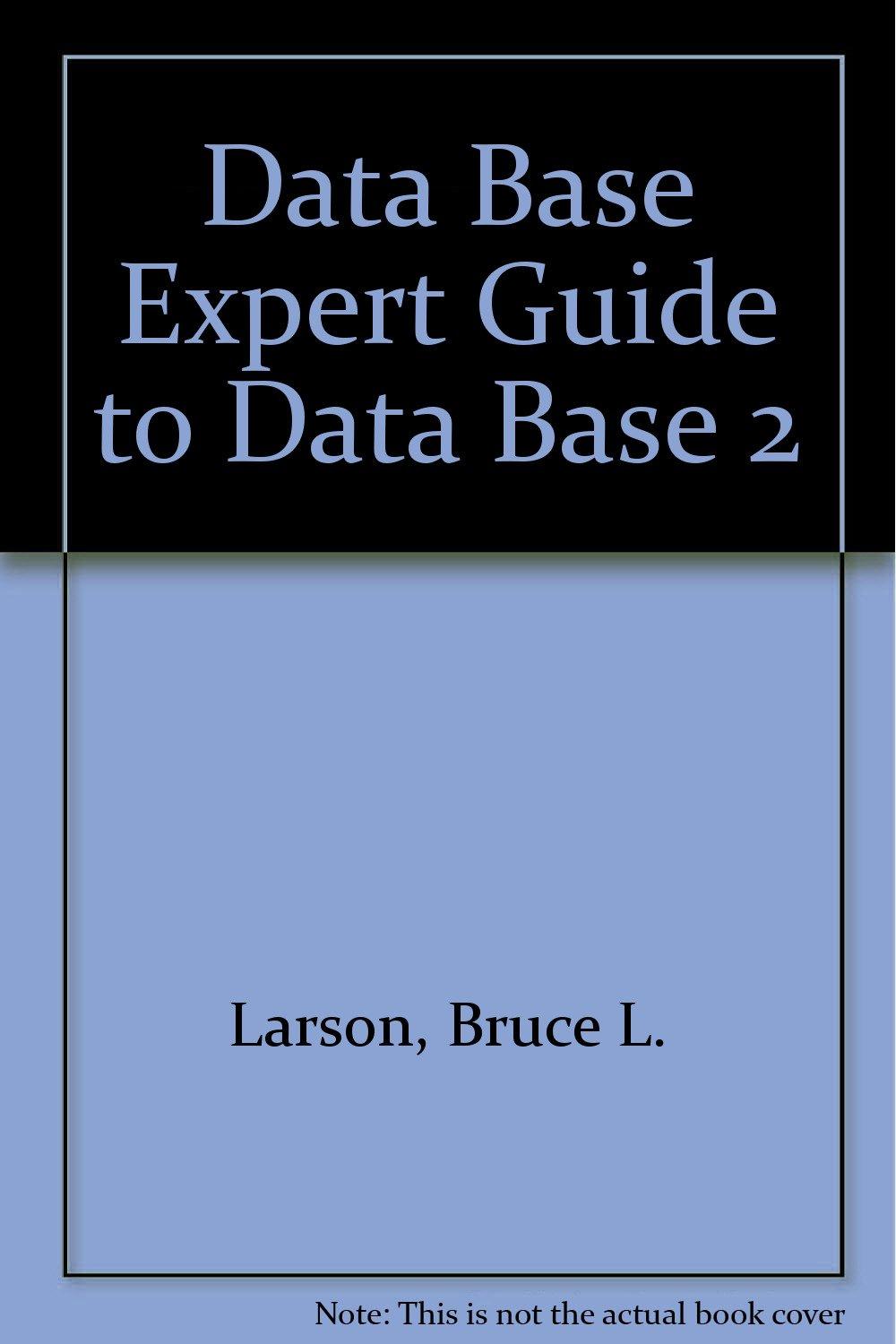Answered step by step
Verified Expert Solution
Question
1 Approved Answer
public class Fee extends Fo { public void method 1 ( ) { System.out.println ( Fee 1 ) ; super.method 3 ( )
public class Fee extends Fo
public void method
System.out.printlnFee ;
super.method;
public void method
System.out.printlnFee ;
public class Fie extends Fum
public void method
System.out.printlnFie ;
public void method
System.out.printlnFie ;
super.method;
public class Fo
public void method
System.out.printlnFo ;
method;
public void method
System.out.printlnFo ;
public class Fum extends Fo
public void method
System.out.printlnFum ;
Suppose the following variables are defined:
Fum var new Fie;
Object var new Fum;
Fo var new Fee;
Object var new Fie;
Object var new Fo;
Fum var new Fum;
Step by Step Solution
There are 3 Steps involved in it
Step: 1

Get Instant Access to Expert-Tailored Solutions
See step-by-step solutions with expert insights and AI powered tools for academic success
Step: 2

Step: 3

Ace Your Homework with AI
Get the answers you need in no time with our AI-driven, step-by-step assistance
Get Started


